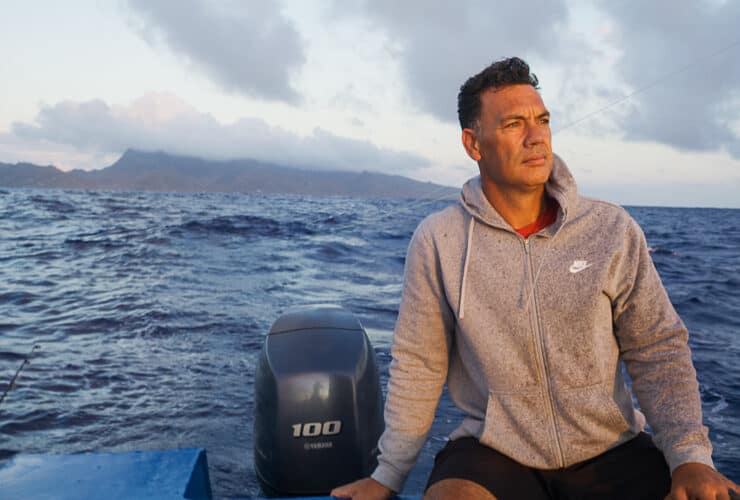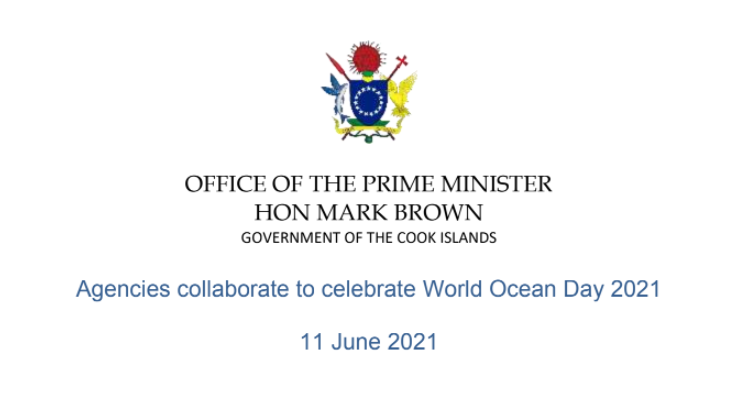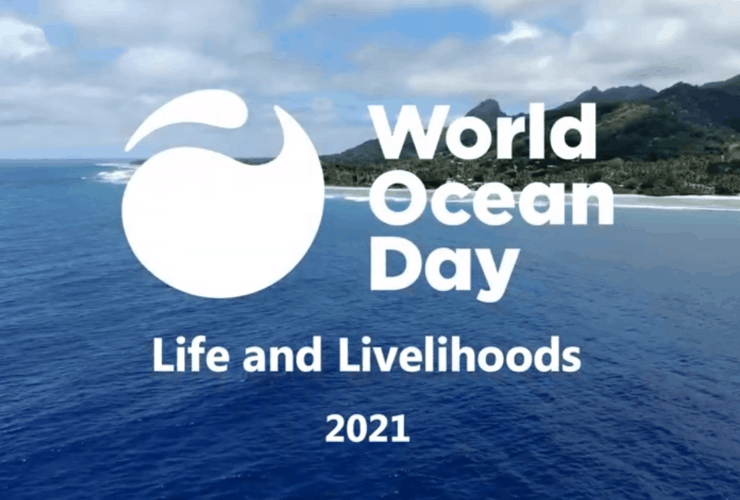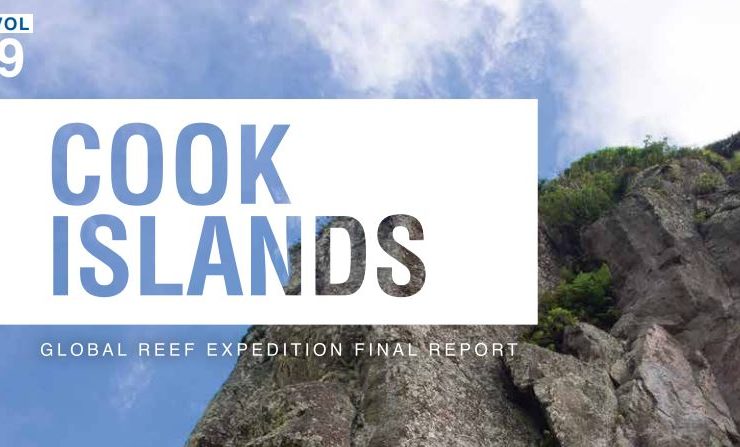Vaka Moana as Policy Space – Navigating the Cook Islands Case of Climate Change Mobility
Climate change and human mobility are global concerns that pose multiple challenges with existential consequences, particularly for Pacific island states and territories. My research examines how the Cook Islands, with its sovereign relationship with New Zealand, is able to address cross-border issues such as climate change mobility. It focuses on how the continuities and contradictions in policymaking and policy spaces are constructed and argues for approaches informed by oceanic island state centred contexts and perspectives to development challenges.
A key contribution of this research is its research framework, including using the vaka moana – the double-hulled voyaging canoe of the Cook Islands and other countries in the Pacific – as a cultural metaphor and analogy for the conceptual framework. In providing analytical and methodological guidance, the vaka moanabrings together the constituted elements of policy space, sovereignty and actor agency to examine climate change mobility in the indigenous, oceanic, island state context of the Cook Islands.
As indigenous Pacific research, the adopted methodology is immersive in nature and makes use of ethnographic methods of inquiry. Contemporary documents, interviews and observations of policy-actor interactions are analysed to better understand this emerging Cook Islands policy space of climate change mobility. Fieldwork took place during 2014 and 2015, across multiple sites in the Cook Islands, Samoa, New Zealand and France.
In order for the Cook Islands government to attend to the implications of cross-border issues like climate change mobility, I argue for an approach that draws on a framework of relationality where Cook Islands policy spaces and sovereignty are fluid and dynamic concepts that allow for indigenous narratives to emerge. In so doing, it is possible to disrupt the status quo, conventional discourses and taken-for-granted approaches to oceanic island state economies, development and climate change mobility. For the Cook Islands, this means recognising the power, persistence and limitations of the depopulation and New Zealand-dependency narratives. Instead, transformative narratives of mobility and interdependency can guide institutional arrangements as well as the way actors mediate policy debates on the critical future concerns around climate change, including its implications for human mobility. Overall this thesis concludes that the policy space of climate change mobility in the Cook Islands is at best an emerging one requiring further attention.







